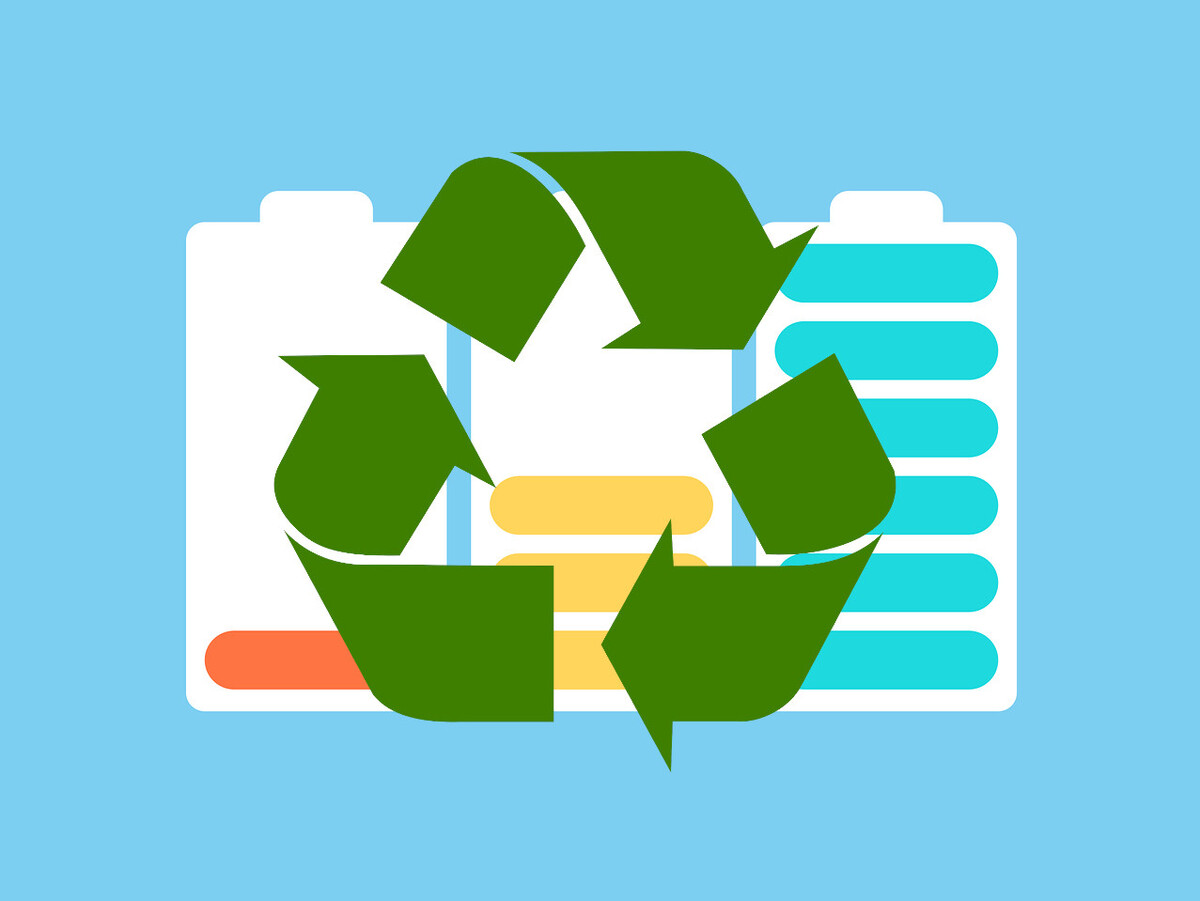Batteries of the future: Project on „Circular economy“
Electromobility is on the advance. However, in order to be a real green technology, closed raw material cycles are missing. Researchers at ITAS are now investigating in the Design for circular economy project how these cycles could be developed in the battery sector.
To this end, researchers will closely cooperate with experts for product design, circular economy, second life, recycling, and battery technologies in the future. The cooperation partners belong to the excellence cluster Post Lithium Storage (POLiS) and the Center for Electrochemical Energy Storage Ulm & Karlsruhe (CELEST). In the framework of this project, they will jointly develop strategies for a circular economy and more sustainable technologies.
Still some hurdles on the way to a full circular economy
The circular economy approach is a production and consumption model in which existing materials and products are shared, reused (multiple cycles), repaired, refurbished, and recycled as fully as possible until the end of their life. This extends the life cycle of products and raw materials are kept in a cycle. The biggest challenges here are the high energy and material consumption of current recycling technologies and the still high costs.
Using new recyclables and recycling technologies
“Future battery systems rely on highly available materials such as magnesium or sodium,” says Marcel Weil, head of the project at ITAS. Thus, the net material value is lower than that of current lithium-ion batteries. “So the question is how we can influence the design process of new batteries in such a way that the effort for the recycling process is also worthwhile,” explains Marcel Weil.
Focus on sustainability
While technology developers often focus on the performance of new battery technologies, research at ITAS mainly addresses sustainability aspects. According to the researchers, an environmentally friendly design should already be considered during the development phase. The new project is an important step in this direction. It is funded as a so-called KIT Future Field. (22.04.2020)
Further links:
- Website of the Research group Research for Sustainable Energy Technologies (RESET)
- Excellence project KIT Future Fields


